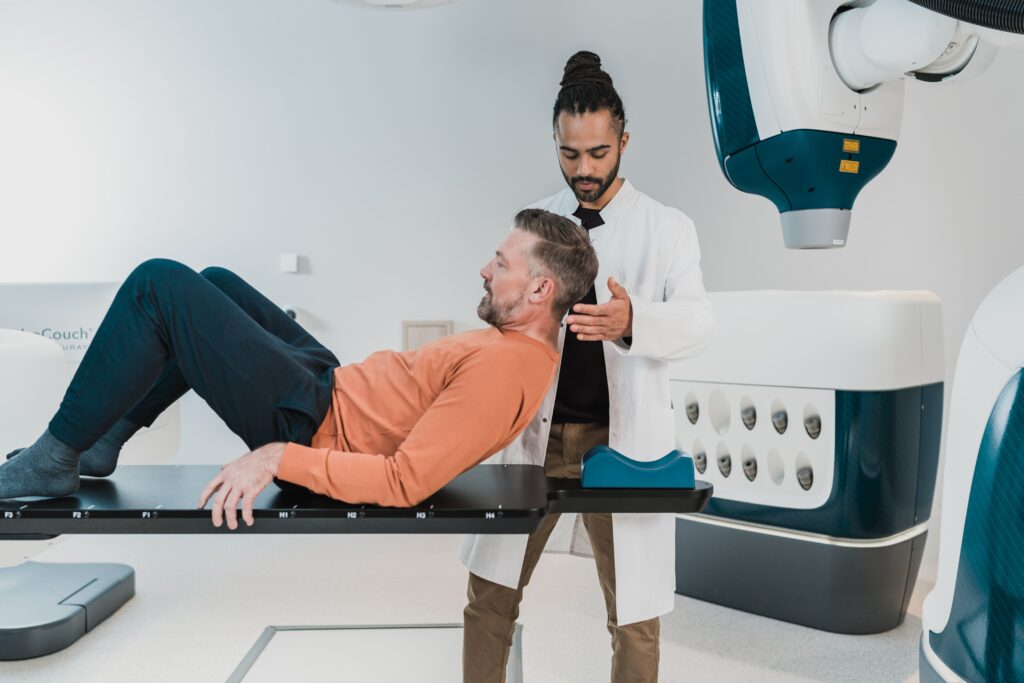In medical school, professors tend to emphasize the importance of empathizing with the patient. This is the ability to identify with another person’s emotions. It is a reflection of emotional understanding and has many applications within medicine, ineffective physician-patient interactions, a vital process for successful treatment.
We will be reviewing this aspect for the benefit of the patient.
Medical empathy

There has been much discussion about the usefulness of empathy in medicine, but the results have varied. It would be emotionally draining for physicians to empathize with each patient, especially because of time pressure. A clinically distant physician is better equipped to care for all of his patients, he can make objective decisions regarding their care.
The emotional concern is just as important to patients when choosing a doctor as technical competence. One often hears about the characteristics of a “good doctor”: a good listener, an understanding of the non-medical aspects of his patient’s conditions, and a way of dealing with individuals, not diseases.
When a doctor empathizes with a patient, the patient will know that the doctor is listening carefully. As a clinical skill, empathy is essential if the goal of medicine is to alleviate suffering and pain, not just cure disease. Consequently, the physician must perform an internal balancing act: excessive emotional investment in the patient can lead to a loss of objectivity; too little involvement can hinder her ability to engage deeply with the case.
Benefits of medical empathy
In addition to being directly therapeutic, empathy has also been shown to reduce anxiety in patients at all levels. The patient may feel more comfortable confiding in the doctor if he feels understanding of his condition and fears it. It can also be therapeutic to tell your own story as part of the healing process.
It is common for patients not to express their psychosocial concerns, which can later manifest as physical illnesses (somatization). This can only be diagnosed by an attentive physician. Therefore, physicians who are more attentive to the psychosocial needs of their patients are less likely to experience burnout.
Patient bias?

Sometimes patients hold prejudices that stem from viewing medical care as a commodity, a menu of services that can be chosen at will. Therefore, some patients feel entitled to dictate everything about their medical care, including their doctor’s gender, race, and religion. These options, however, are generally not based on the assumption that the type of doctor they prefer will provide better care.
All health professionals promise to uphold the Hippocratic Oath, that commitment to put the needs of patients before their own. Their moral conscience is also compromised if they give in to a harmful ideology. Medical professionals cannot provide healing as long as they tolerate hate speech or discriminatory comments and behavior.
The competitive landscape of medical practice also encourages physicians to accommodate patient requests, where metrics like patient satisfaction scores influence reimbursement and create an environment that encourages them to do so.
Patient advocates affirm the right of patients to choose their doctors and to deny this right would violate their agency in making decisions about their care. However, the options offered to patients must be limited.
Quality versus doctor-patient interaction

There is no way to know if choosing a doctor based on shared beliefs or values affects the quality of the interaction. It may be worth complying with such requests if they improve patients’ confidence in the care they receive and help them stick to their treatment plans.
Healthcare providers must engage in an open dialogue, in order to educate patients and provide them with the best possible care.
Clearly, not all requests for a different doctor are motivated by bias or discrimination.
If a male patient is more comfortable discussing sexual dysfunction or having a man perform an annual prostate exam, she may request a male provider. The same case happens with female patients if they want to attend to problems regarding their sexuality or their menstrual cycle.
The point lies in medical empathy that would have to go both ways, and be reciprocal. With this, it will be possible to find enough confidence to provide the doctor with all the medical history and the patient’s own history that has led him there; just like the doctor will feel enough commitment to deepen his professional care, the one that seeks to attend to the patient’s suffering, not just his symptoms.
However, what aspects should be reviewed regarding these ethical and sentimental issues in the office? That will have to be seen in the next article.
If you enjoyed this section, you can read more about good health and proper care, only at Essential Medical Clinic:


